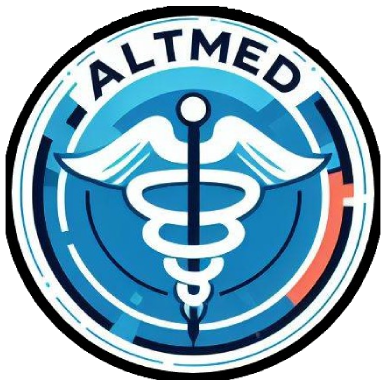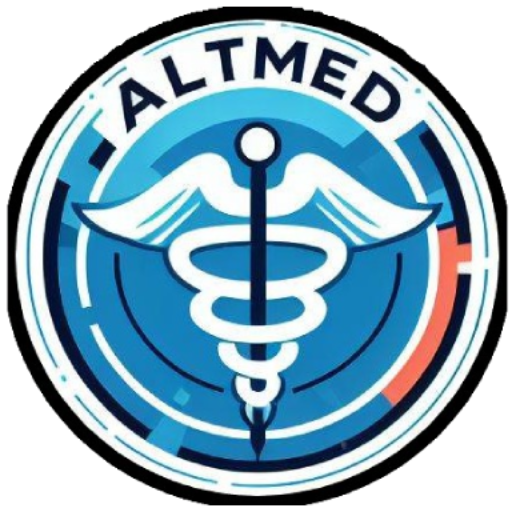Introduction:
Ketamine and esketamine are increasingly investigated for their potential in managing TRD. This systematic review examines clinical trials registered from 2008 to 2022, highlighting efficacy, safety concerns, and methodological gaps in current research.
Key Points for Providers:
- Pharmacological Profiles: Ketamine (IV, IM, IN) and esketamine (primarily IN) have shown rapid symptom relief, with esketamine also reducing relapse risk significantly in stable responders.
- Clinical Outcomes: Trials primarily use the Montgomery-Asberg Depression Rating Scale (MADRS) to assess effectiveness, with results suggesting higher response and remission rates compared to standard antidepressants.
- Emerging Trends: Phase 2 and 3 trials dominate, focusing on optimizing dosing regimens and combining therapies like CBT, ECT, or other psychotropics.
- Challenges in Real-World Application: Gaps include understanding patient characteristics (age, sex, comorbidities), dosing safety for long-term use, and infrastructure needs for administration.
The VitalPoint for Providers:
Ketamine and esketamine offer promising alternatives for TRD, but their integration into routine practice demands attention to patient selection, monitoring protocols, and equity in access. Providers should remain updated as research advances and guidelines emerge.
Further Reading and Resources:
- Full Review on Trials
Brendle, M., Ragnhildstveit, A., Slayton, M., Smart, L., Cunningham, S., Zimmerman, M. H., Seli, P., Gaffrey, M. S., Averill, L. A., & Robison, R. (2023). Registered clinical trials investigating ketamine and esketamine for treatment-resistant depression: A systematic review. Journal of Psychedelic Studies, 6(3), 176-187. https://doi.org/10.1556/2054.2022.00234

